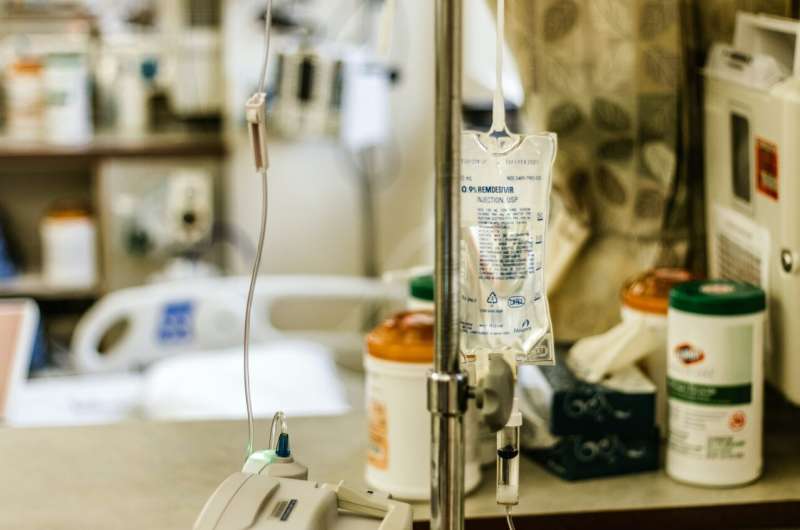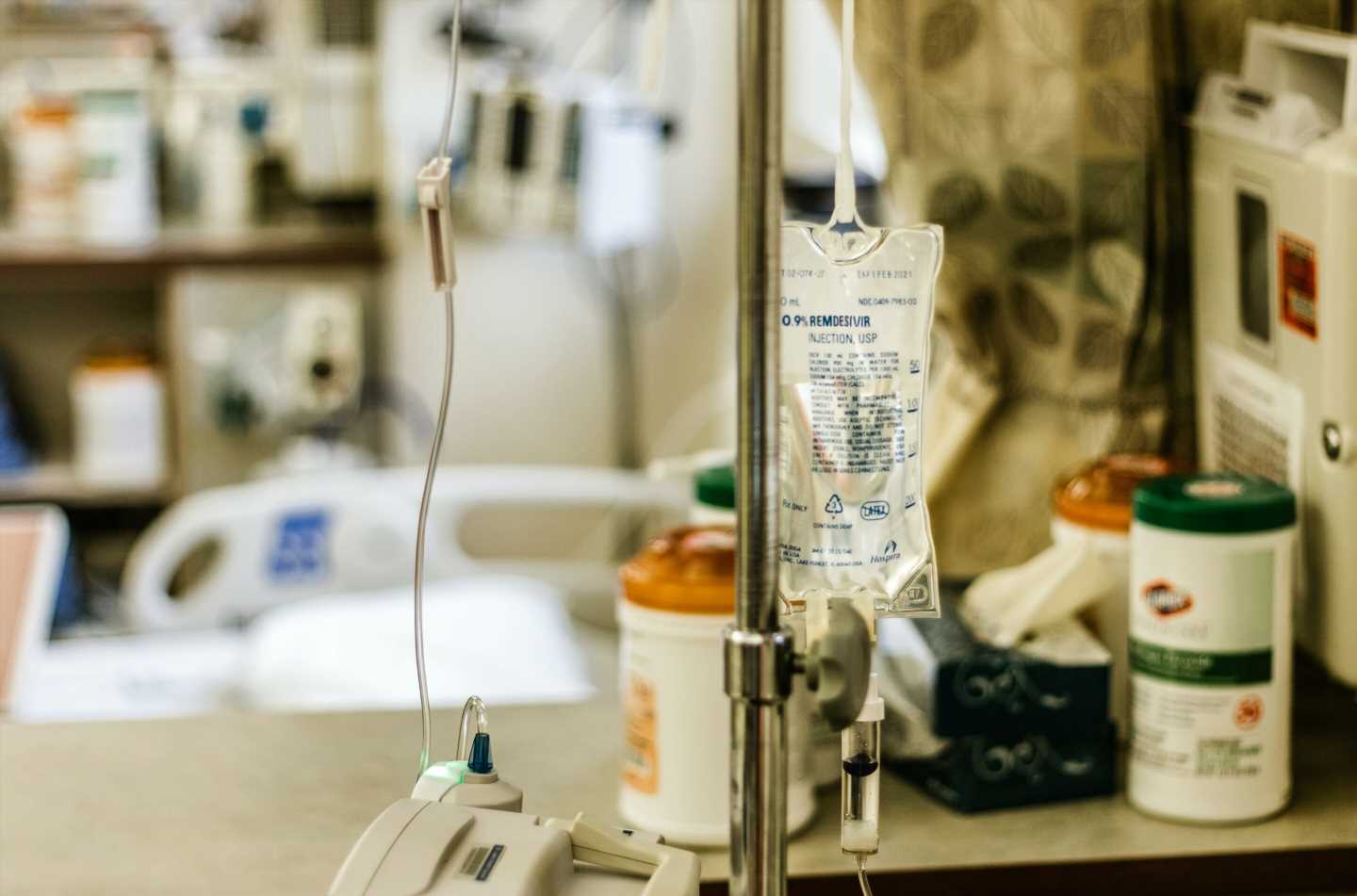
The virus that causes COVID-19 can develop partial resistance to the antiviral drug remdesivir during infection of cultured cells in the laboratory by more than one mechanism.
The results of the laboratory study led by researchers at Vanderbilt University Medical Center and published in the journal Science Translational Medicine support the importance of monitoring for resistance and its mechanisms, tracking specific mutations and developing combination therapies.
“Remdesivir is a critical antiviral in our armamentarium to treat COVID infections and limit illness, hospitalization and death,” said Mark R. Denison, MD, an internationally known authority on coronavirus biology at VUMC who led the study with colleagues from the University of Alberta, Canada, the University of North Carolina at Chapel Hill, and Gilead Sciences.
“To date, there have been very few reports of resistance to remdesivir in clinical practice,” said Denison, the Edward Claiborne Stahlman Professor of Pediatric Physiology and Cell Metabolism at VUMC. “We must be sure that we can continue to use this antiviral against COVID, future human coronaviruses and potentially even against our known human coronaviruses.”
“So, it is critical to understand how coronaviruses might try to escape from the drug, and to use that data to monitor for any potential emergence of resistance in COVID-19 patients,” he said.
Denison’s lab and collaborators contributed to the initial development of remdesivir, which was approved by the U.S. Food and Drug Administration as the first drug treatment for COVID-19 in both hospitalized and non-hospitalized patients as young as 12. Last month the FDA approved its use in high-risk children as young as 28 days.
Given by intravenous injection, remdesivir stops the virus, SARS-CoV-2, by preventing its RNA genome from being copied.
In the current report, the investigators led by Laura Stevens, MS, and Andrea Pruijssers, Ph.D., at VUMC showed that upon repeated exposure to the parent nucleoside (compound) of remdesivir in cell culture, SARS-CoV-2 developed mutations in the polymerase enzyme that copies its RNA genome.
These mutations, which emerged after prolonged passaging of virus in the presence of the drug, enabled SARS-CoV-2 to partially evade remdesivir’s antiviral effect. The mutations also could confer resistance in a mouse coronavirus that does not infect humans.
Source: Read Full Article
